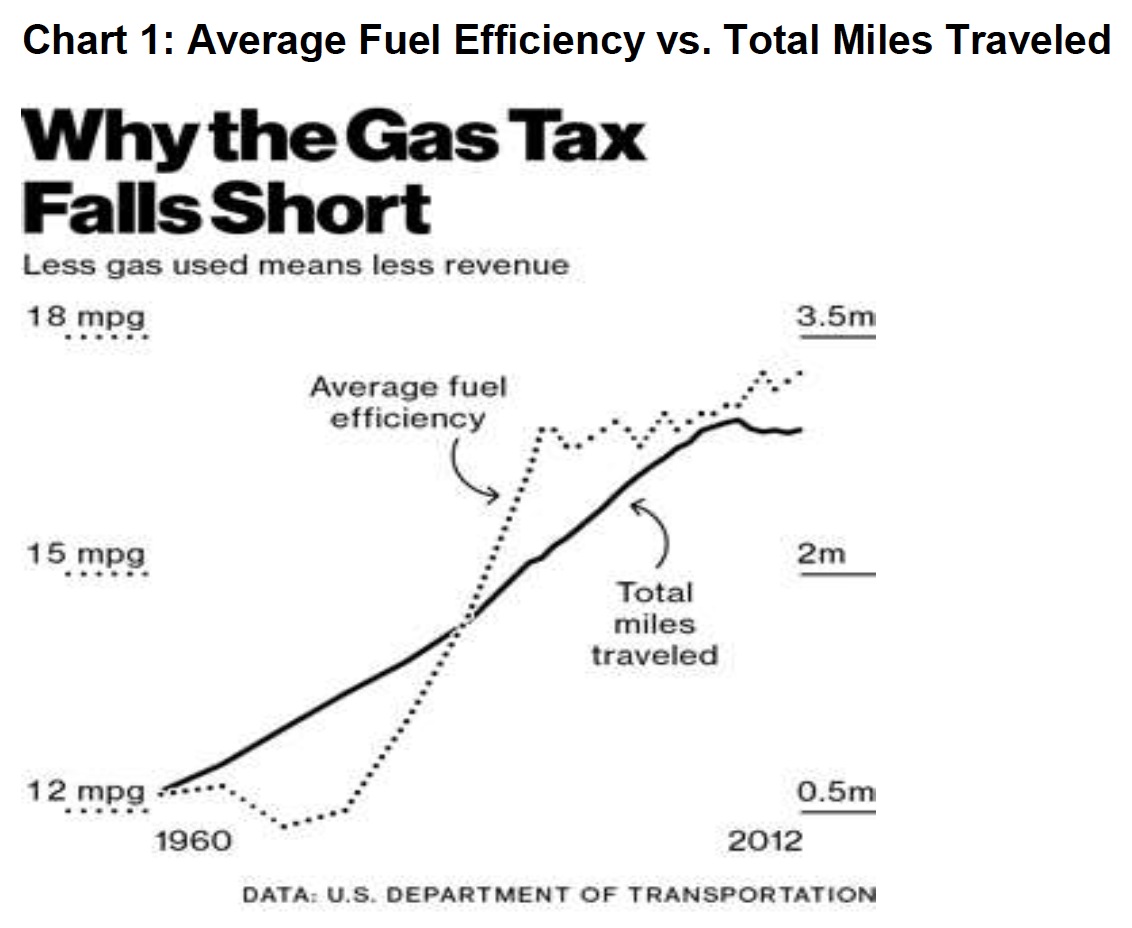JOINT STUDY COMMITTEE ON CRITICAL TRANSPORTATION INFRASTRUCTURE FUNDING, GEORGIA
1. Introduction
The Joint Study Committee on Critical Transportation Infrastructure Funding (the “Committee”) was created by House Resolution 1573 during the 2014 Legislative Session of the Georgia General Assembly. The Committee was charged with undertaking a study of the conditions, needs, issues, and problems associated with Georgia’s critical transportation infrastructure and the means of funding its construction, maintenance, and repair. House Resolution 1573 expressed an urgency on behalf of the General Assembly that new sources and methods of funding transportation projects are needed to allow the transportation systems in Georgia to keep up with the needs of Georgia’s growing population and expanding industries and to address long-standing issues relating to road congestion, access to industry and economic development, and Georgia’s reliance on federal funding of its transportation systems.
…
2. Background
According to data presented to the Committee by the Georgia Department of Transportation (GDOT), Georgia is home to the world’s busiest airport, the nation’s tenth largest road system, and the fourth busiest container port in the United States. In addition, Georgia is home to 14,666 bridge structures, 4,500 miles of mainline and shortline railroads, 128 transit providers, and 103 general aviation airports. These assets have given Georgia a considerable strategic advantage in creating jobs and attracting new businesses to the state.
3. Statement of Need
Like many other states, Georgia is faced with a growing crisis with regard to funding the construction, repair, and maintenance of its transportation infrastructure. Georgia primarily funds its transportation needs with a combination of state motor fuel taxes and federal funds.
Georgia’s motor fuel excise tax is levied at a rate of 7.5 cents per gallon of motor fuel. In addition, the revenue generated by the first three percentage points of the four percent rate of the regular state sales tax that is levied on the sale of motor fuel is designated as the “second motor fuel tax” and is committed to GDOT. The other one percent of the regular state sales tax levied on the sale of motor fuel is diverted to general fund revenue.
Transportation projects in Georgia are also funded from state general funds (for the intermodal program only), through revenues received through the sale of general obligation bonds and Grant Anticipation Revenue Vehicle, (GARVEE) bonds, and through partnerships with local governments in state-funded projects. The previously mentioned debt is repaid from state motor fuel funds, federal funds, and, where applicable, toll revenues. Georgia cities, counties and numerous Community Improvement Districts (CIDs) also maintain parts of the state’s road and bridge network, and a wide variety of authorities operate airports, ports, toll facilities and transit systems.
4. Magnitude of the Problem
For FY2014, GDOT’s state motor fuel budget was $1,002,773,264. In addition, GDOT also received roughly $1.2 billion annually in federal funds, which comprise roughly 54 percent of GDOT’s annual budget.4 By comparison, federal aid comprises only 27 percent of the state of Florida’s current 5-year work program. Per the FY2015 budget, Georgia transportation funding breaks down as follows:
Capital Construction Projects
- State Matching Funds: $213,393,476 (24 percent of the program’s budget)
- Federal Funds: $675,252,699 (76 percent of the program’s budget)
Capital Maintenance Projects
- State Matching Funds: 60,560,150 (32 percent of the program’s budget)
- Federal Funds: $128,218,385 (68 percent of the program’s budget)
This funding model, particularly its reliance on motor fuel taxes levied at both the state and federal levels, creates numerous and serious challenges in meeting Georgia’s transportation needs.
First, the federal Highway Trust Fund is not an annual grant program. Georgia does not receive its allocation from the fund at the beginning of the year. Rather, funds are authorized from the Highway Trust Fund, but the state receives no cash from the
Federal Highway Administration (FHWA) from the Highway Trust Fund until the state invoices the FHWA for a reimbursement for work already performed. Any uncertainty as to the level or availability of funds from the Highway Trust Fund can thus result in project delays or conservative scheduling of projects.
Additionally, over the last decade, Congress has demonstrated an increased reluctance to deal with significant infrastructure funding issues in a responsible, forward looking manner. Recently, federal action on infrastructure authorization and funding issues has taken place in short spurts of three, six, or 12-18 month authorizations. This leaves state and local transportation agencies in dire need of stability and predictability.
Second, Georgia is required to comply with numerous federal requirements, including federal environmental and labor laws, when federal funds are used for capital construction projects. This creates numerous compliance challenges and often results in project delays and significant additional compliance and reporting costs.
Download full version (PDF): Georgia Infrastructure Funding Needs
About the Joint Study Committee on Critical Transportation Infrastructure Funding
http://www.house.ga.gov/Committees/en-US/JointCriticalTransInfraFunding.aspx
HR 1573 creates a joint study committee of 16 members for the purpose of identifying new sources and methods of funding for critical transportation infrastructure needs. The committee will include the chairs of the House and Senate Transportation Committees, who will serve as co-chairs. The presiding officers of each chamber will appoint three legislative members and one citizen member. Other members include the chairpersons of the House and Senate Appropriations Committees, the president and CEO of the Georgia Chamber of Commerce or designee, the president and CEO of the Metro-Atlanta Chamber of Commerce or designee, the executive director of the Association County Commissioners of Georgia, and the executive director of the Georgia Municipal Association. The committee is authorized for eight days and will make recommendations to the legislature by November 30, 2014.
Tags: GA, GDOT, Georgia, Georgia Department of Transportation, Joint Study Committee on Critical Transportation Infrastructure Funding







 RSS Feed
RSS Feed